Opening General Session Shares Clear Message: Transportation Matters
7/7/2025
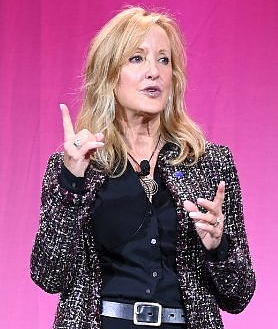
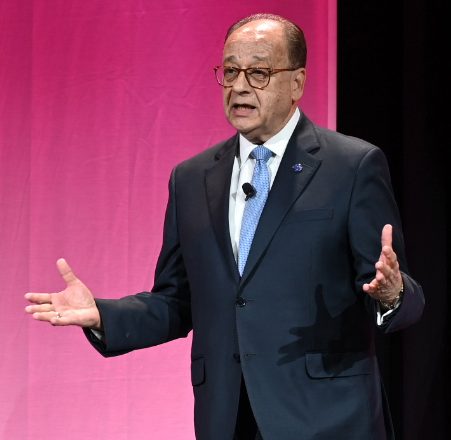
There is much to be done to secure the future for public transportation, but also good reasons for optimism, said APTA President and CEO Paul P. Skoutelas at the June 30 Opening General Session of the 2025 APTA Rail Conference in San Francisco, CA. More than 2,000 attended the record-breaking event!
Proposed increases in federal funding are a good start, Skoutelas said, and he has been impressed by agencies’ innovative problem-solving. “There’s plenty of evidence that the rail renaissance that began a few decades ago is continuing today,” he added, citing significant rail projects in California, Utah, and the Northeast Corridor.
However, he said APTA remains “clear-eyed about today’s challenges” of labor shortages, tariff impacts, and the ongoing work in Congress to renew the Surface Transportation Act next year. “Our goal, simply put, is to obtain robust, stable federal funding for passenger rail and public transportation” he said.
APTA Chair MJ Maynard-Carey, CEO, Regional Transportation Commission of Southern Nevada also saw encouragement in the recurring theme from talks with Administration officials: “Public transportation matters.”
Infrastructure, including transit, will be a focus of the Trump Administration, Maynard-Carey said, so she urged conference-goers to “Tell your stories.” Stories have the power to change perceptions and build support.
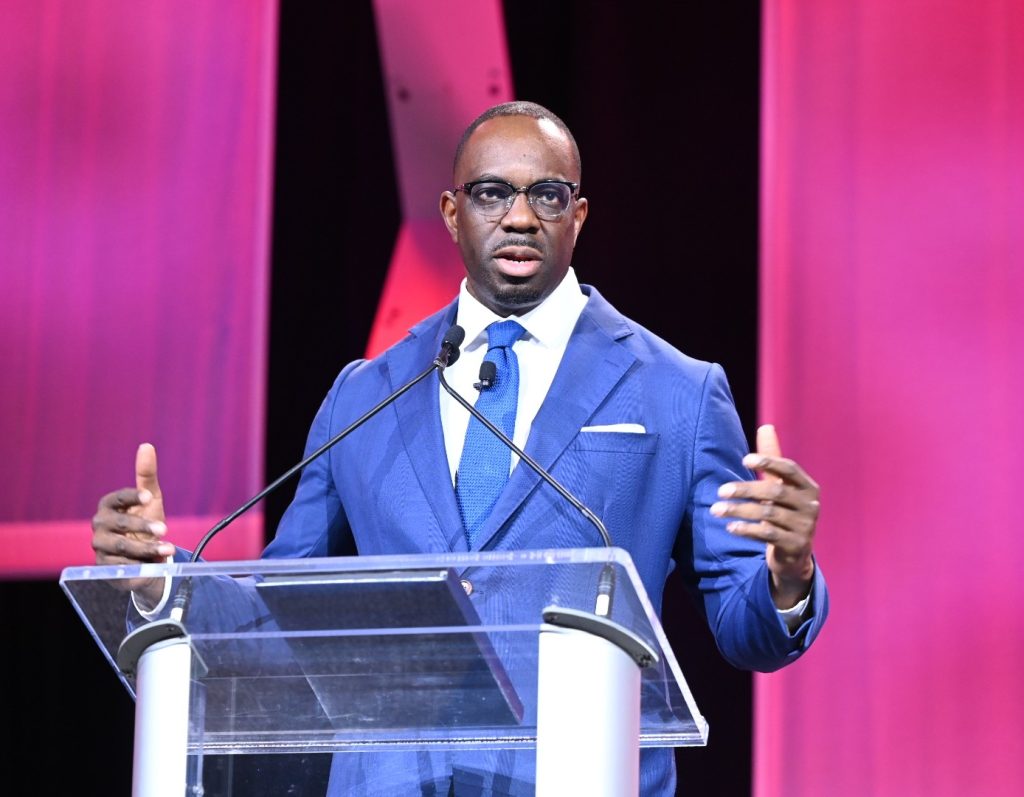
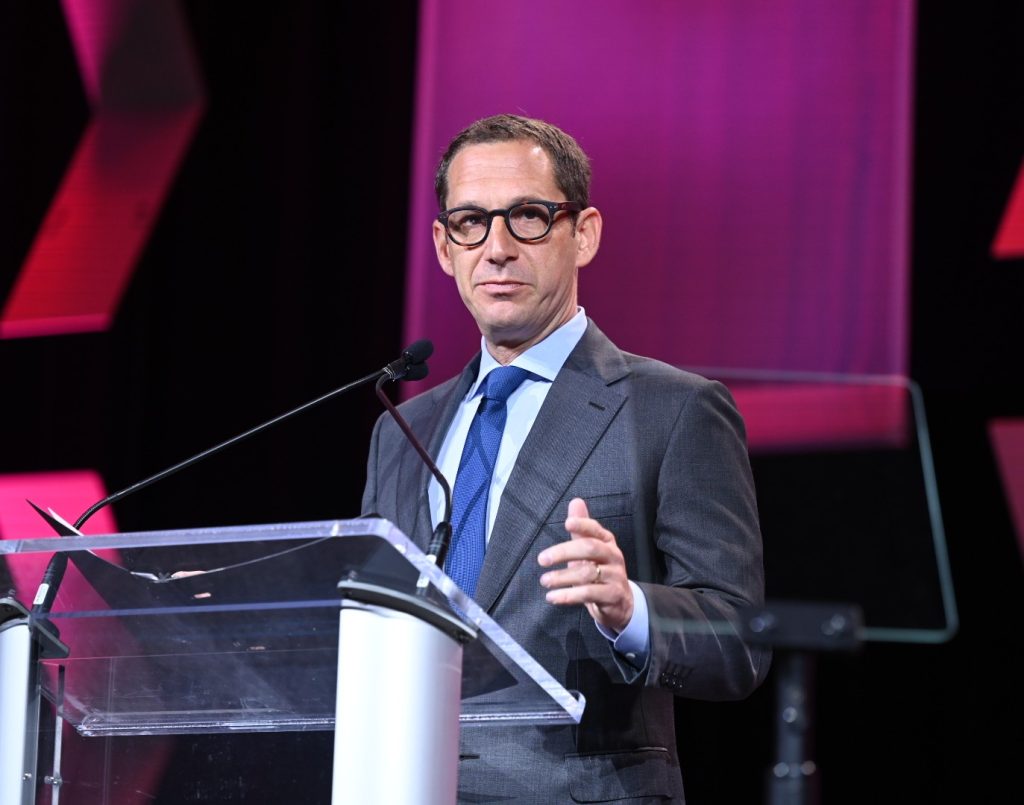
“Washington listens when we talk about impact” she explained. “When we show how public transit delivers strong ROI, supports businesses, and connects people to opportunities, we’re speaking their language … jobs created, businesses supported,” and more.
The most effective stories, Maynard-Carey explained, accomplish three things: show positive returns on investment; highlight safety and cleanliness; and demonstrate responsible stewardship of public funds.
San Francisco Mayor Daniel Lurie shared his own charming story, of an 80-year-old “die-hard Muni lover” who rode all 44 lines in the Muni system.
“At its heart, transit is about people. It’s about giving them options and opportunities to live their lives,” he said. “And for San Francisco, it’s vital to support our local economy, reduce gas emissions, and keep our region moving forward.”
Toks Omishakin, Secretary of Transportation for the California State Transportation Agency (CalSTA), enthusiastically welcomed participants, thanked conference organizers, and described some of the state’s city-improving innovations with the Transit Transformation Task Force and Transit and Intercity Rail Capital Program.
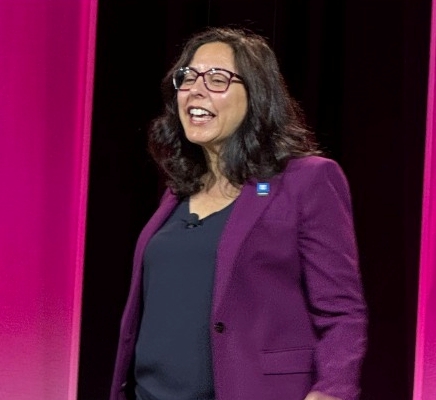
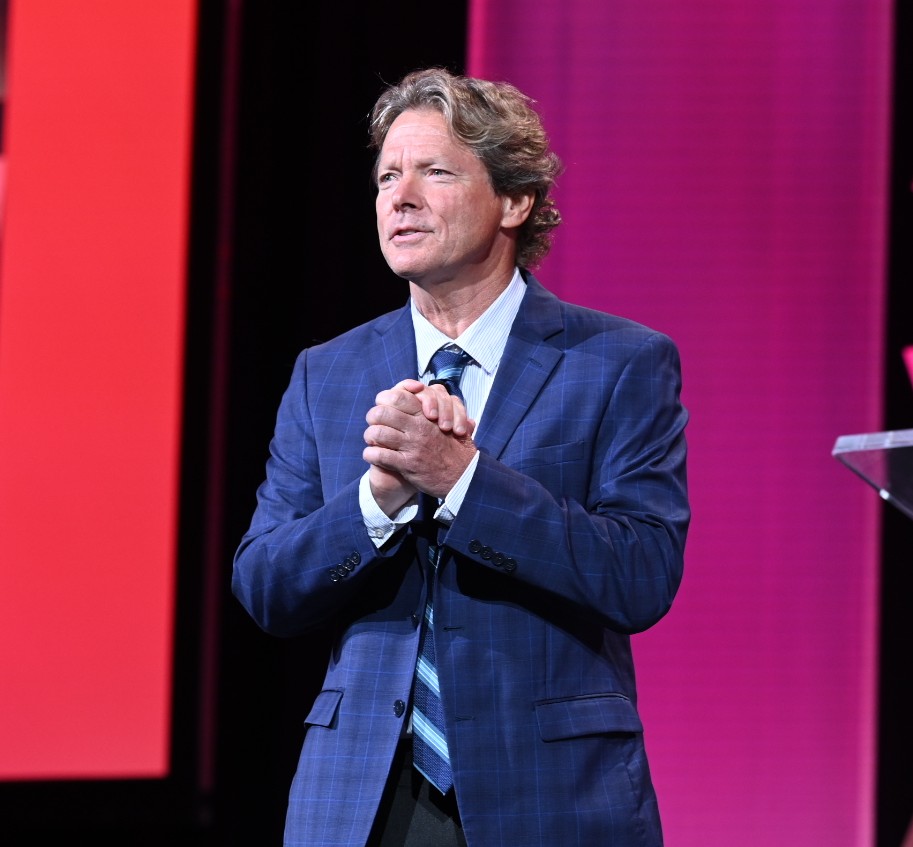
“At CalSTA… we operate under four very important priorities, equity, climate, action, economic prosperity, and safety,” Omishakin said. “If we’re going to achieve any success on these, what we call the ‘core four,’ we know public transportation is absolutely essential to getting there.”
Julie Kirschbaum, director of transportation of co-host San Francisco Municipal Transportation Agency (Muni), invited attendees to “check out our 150-year-old iconic cable car system” and Central Subway, a brand-new Muni rail line connecting Chinatown all the way to the Bayview.
Robert Powers, general manager of co-host San Francisco Bay Area Rapid Transit District (BART), explained, “it’s all about keeping laser-focused on improving the rider experience. In the Bay Area, a downtown recovery is just not possible without a strong Muni and a strong BART. More than 50 AI companies have chosen to locate within half a mile of BART stations. And why? Because this allows them to recruit the best and brightest.”
The keynote speaker was Marita Cheng, Forbes World’s “Top 50 Women in Tech,” roboticist, and entrepreneur. She gave attendees an energetic and inspiring look into the possibilities of technology.
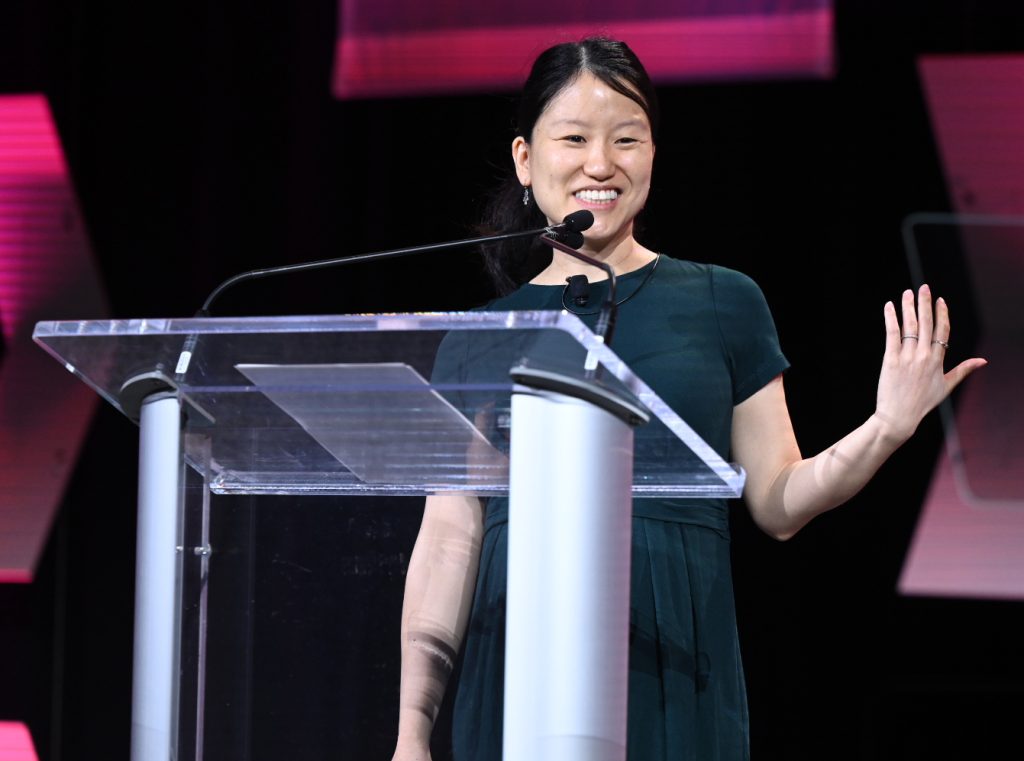
At age 19, Cheng, who grew up in Queensland, Australia, founded Robogals, a global organization that inspires girls into engineering careers through teaching them robotics. For her work with Robogals, she was named the 2012 Young Australian of the Year and received an Asia Society Game Changer Award at the United Nations. At 22, leading a team of 4,000 people across 13 countries, she was named Young Australian of the Year.
Cheng showed the audience videos of an app she created that uses AI to allow sight-impaired people to recognize everyday objects in real time using their mobile phones. It won the Consumer Electronics Show Best of Innovation Award in 2017.
She also founded Aubot, designing, manufacturing, and shipping robots throughout Australia, and in 2019 was named a Member of the Order of Australia for significant service to science and technology, particularly in robotics.
Cheng is one of Forbes “2018 World’s Top 50 Women in Tech,” and Forbes “30 under 30.”
View the Opening General Session here.
View more images from the Rail Conference here.